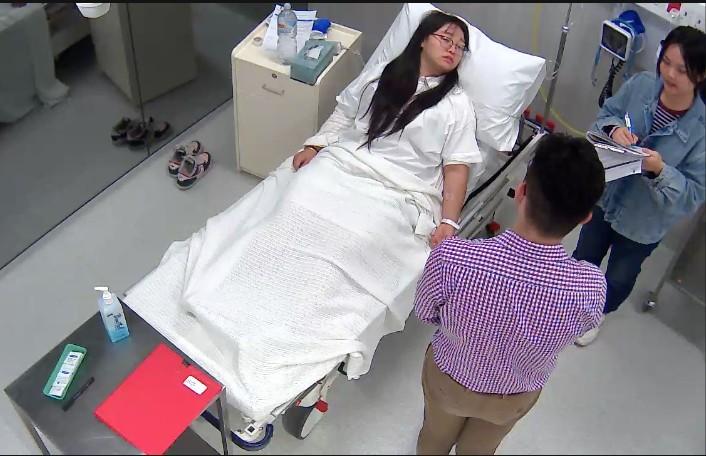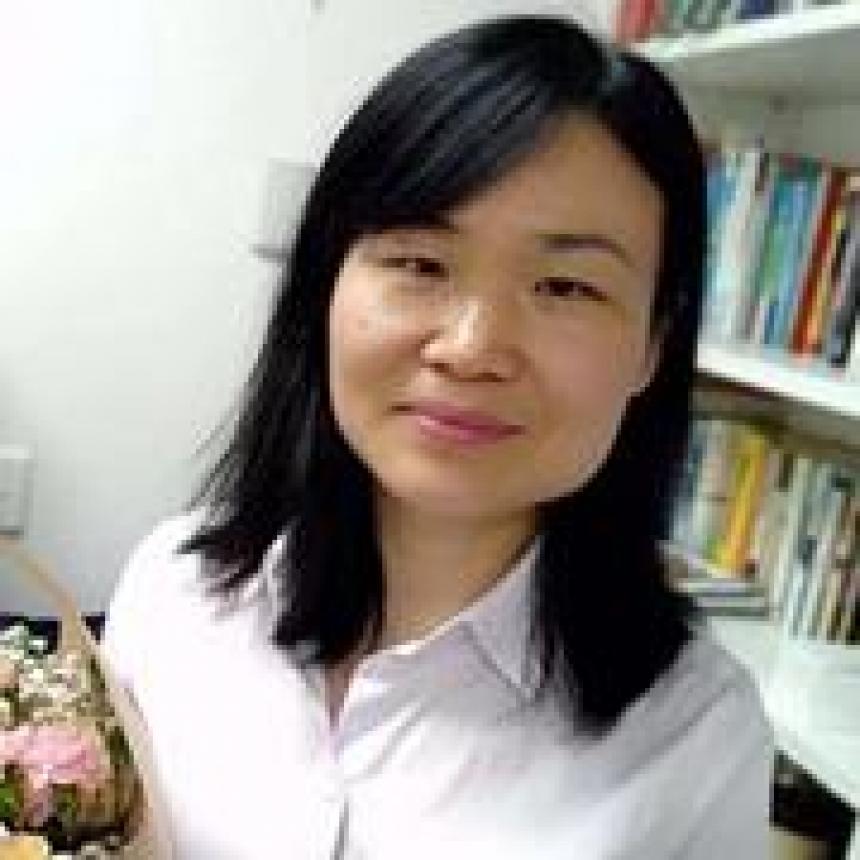This is how I teach
This month we spoke to Dr Hong Cai, Scholarly Teaching Fellow within the School of Social Sciences. Hong teaches Chinese languages and linguistics to undergraduate students and translation theories and professional interpreting to MA students in the MAITTC program (Master of Arts [Interpretation, Translation and Transcultural Communication]). In 2019 she was presented with a Stephen Cole the Elder Award for Teaching Excellence, and was nominated for a Citation with the Australian Awards for University Teaching in 2021. She spoke to us about her passion for fostering learners’ autonomy and promoting career readiness and leadership with her students.
What do you like most about teaching in your discipline?
Technically speaking, I teach in two disciplines. They are translation and interpreting studies and foreign language acquisition. The common ground between the two disciplines is interlingual and intercultural communication. In particular, my students are either learning English or Chinese as a foreign language. I enjoy helping students cross linguistic and cultural barriers to communicate with people from different cultures. Better understanding and stronger relationship between cultures will make the world a better place.
How would you describe your approach to teaching/your teaching philosophy?
Learning a foreign language, translation and interpretation is an experiential and life-long endeavour. Therefore, developing learners’ independence is prioritized in my teaching. As a multilingual educator I firmly believe that if a person has acquired their mother tongue, they have the ability to learn another language - no matter how hard it seems to be. If students are learning a foreign language in a university, it should directly or indirectly help prepare them for career success. Together, these two fundamental elements have informed my overall teaching philosophy, which is to foster learners’ autonomy and to promote their career readiness.
What is your favourite way to use technology to enhance learning?
That’s a hard question because I’m a “Technofreak”. I do, however, use a variety of technologies to create an immersive learning environment and to improve the efficiency of teaching and learning. I use videos, audios, Apps, games, social media and a range of online resources to create authentic and challenging materials that stimulate learners’ curiosity and help them to assume greater control over their own learning. I use survey tools such as Qualtrics to evaluate students’ language proficiency levels and collect students’ feedback.
I also heavily use MyUni to deliver course materials and assessments and communicate with students. I enjoy using most of the functionalities of MyUni, although there is some room for improvement (e.g. Quizzes). Discussions is one of my favourite channels to communicate with large student cohorts because it literally allows hundreds of students to stay on the same page. The list can go on but I would also like to acknowledge that Zoom is a fantastic tool. It enables me to teach remote students and provide timely consultation to students no matter where I am or they are.

Hong's interpreting students working with medical students at Adelaide Health Simulation - AHMS building
How does your teaching help prepare students for their future?
In preparing students for their future, I apply situated learning in my teaching. For example, in the interpreting course I have taken a four-step approach to design accurate, real-life workplace scenarios and activities, which include role-playing and live-action scenarios with medical students at Adelaide Health Simulation. This novel interdisciplinary collaboration with Adelaide Medical School was established in late 2018 by Dr Adelaide Boylan from the Adelaide Medical School and myself. The digital recording and learning system (B-line Medical’s SimCapture) at Adelaide Health Simulation automates, tracks and reports on every aspect of the centre’s activities, which enables me to create authentic learning activities and assessment items. I also actively engage students with the real world. For example, I find opportunities for students to work on translation projects for city councils and help them to publish their translations before they enter the workforce as professional translators.

